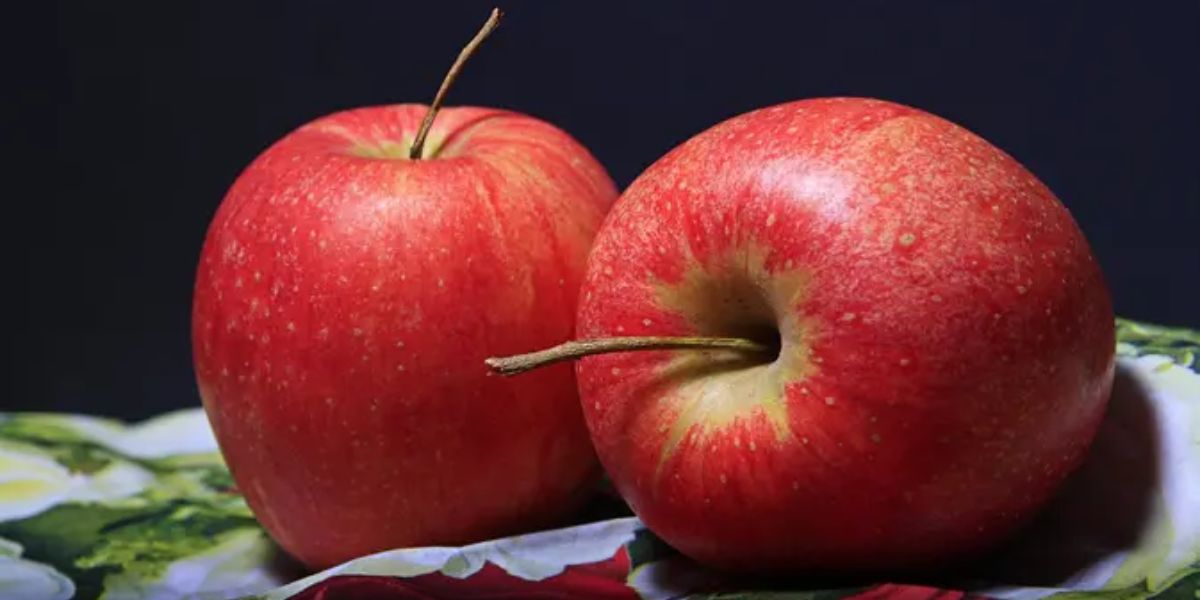Kapanlagi.com - Kidney health is something that should not be taken lightly, especially for those with a history of kidney disease. Our kidneys serve as the main filter, removing waste and excess fluid from the blood. Therefore, maintaining kidney health is vital!
One effective way to care for your kidneys is by consuming the right foods. It turns out that there are several types of food that can help us maintain the health of this important organ. These foods are not only rich in nutrients but also contain antioxidant properties that are beneficial for the body.
Fresh fruits, colorful vegetables, and quality protein sources are some examples that can be included in your shopping list. However, remember that each individual has different nutritional needs. So, before making significant changes to your diet, don't hesitate to consult with a doctor or nutritionist.
1. Fruits That Are Good for the Kidneys
Fruits are a great source of vitamins and antioxidants that are very beneficial for kidney health. Here are some fruits that you can include in your daily menu:
- Apple: Rich in fiber and antioxidants, apples can help maintain kidney health.
- Red Grapes: Contains vitamin C and flavonoids, which are powerful antioxidants.
- Blueberries: High in antioxidants, especially anthocyanins, which are good for protecting the kidneys.
- Pineapple: Contains vitamin C, fiber, and antioxidants that help regulate blood pressure.
- Peach: Contains vitamins, fiber, and antioxidants that are good for people with kidney disease.
- Berries: Such as strawberries and raspberries, rich in vitamins, fiber, and antioxidants.
2. Vegetables That Are Healthy for the Kidneys
Vegetables also play an important role in maintaining kidney health. Here are some vegetables that are good to consume:
- Cabbage: Contains fiber and antioxidants that are good for the kidneys.
- Cauliflower: Contains antioxidants and fiber that have anti-inflammatory properties.
- Broccoli: Contains antioxidants, fiber, and vitamins B, C, and K; low in potassium, sodium, and phosphorus.
- Radishes and Cucumbers: Both are low in potassium, phosphorus, and sodium, making them suitable for kidney disease patients.
- Red Bell Pepper: Rich in vitamins A and C, and low in potassium.
- Asparagus: Contains asparagine, a natural substance that helps cleanse the kidneys and prevent kidney stones.
- Kale and Spinach: Sources of vitamins A and C, supporting the kidney filtration system and immune system
3. Healthy Proteins for the Kidneys
Protein intake is also important for kidney health. Here are some recommended sources of protein:
- Egg Whites: A high-quality protein source that is low in phosphorus.
- Fish: Such as salmon, tuna, sardines, and snapper, rich in omega-3 fatty acids that are good for heart health.
- Skinless Chicken Breast: A good source of protein that is low in fat.
- Shiitake Mushrooms: A meat alternative, containing vitamin D and antioxidants that protect the kidneys.
4. Healthy Fats that Support Kidney Balance
In addition to protein and fiber, the body requires healthy fats that do not worsen kidney function. These fats typically come from vegetable oils and seeds that are rich in antioxidants. Among them:
- Olive Oil: Contains monounsaturated fats and vitamin E, supports kidney function and fights inflammation.
- Seeds (chia, sunflower): Sources of fiber, protein, and omega-3.
- Nuts (walnuts, almonds): Contain magnesium and omega-3 that support kidney and heart function.
Nuts are also good foods for the kidneys, as they contain a relatively high amount of omega-3 fatty acids. These healthy fats not only stabilize blood pressure but also strengthen the cardiovascular system, which is closely linked to kidney function.
5. Tips for Effectively Consuming Kidney-Friendly Foods
It's not enough to just know the types of food; how you consume them is also important. A balanced diet and limiting certain intakes can help maintain kidney health in the long run. Here are some tips:
- Pay attention to portion sizes: Eating too much protein or minerals can burden the kidneys.
- Avoid processed foods: Products high in sodium and added phosphates can damage the kidneys.
- Drink enough water: It helps with filtration and waste removal by the kidneys.
Make sure to cook using healthy methods such as steaming, boiling, or lightly sautéing. Use natural seasonings like garlic and herbs instead of salt to keep blood pressure stable. Consult with a doctor or nutritionist if you already have kidney disease or are at high risk.
6. FAQ
1. What foods should kidney disease patients avoid?
Patients with kidney disease should avoid foods high in potassium, phosphorus, and sodium, such as processed foods and excessive salt.
2. Are all types of fruit good for the kidneys?
Not all fruits are good for the kidneys; some fruits high in potassium need to be limited. Consult a nutritionist for the right choices.
3. How much protein do kidney disease patients need?
Protein needs vary depending on the severity of kidney disease. It is best to consult a doctor for appropriate recommendations.
4. Does drinking enough water help kidney health?
Yes, maintaining hydration by drinking enough water is very important for kidney health, but the amount can vary depending on each individual's health condition.
(kpl/rmt)
Disclaimer: This translation from Bahasa Indonesia to English has been generated by Artificial Intelligence.












